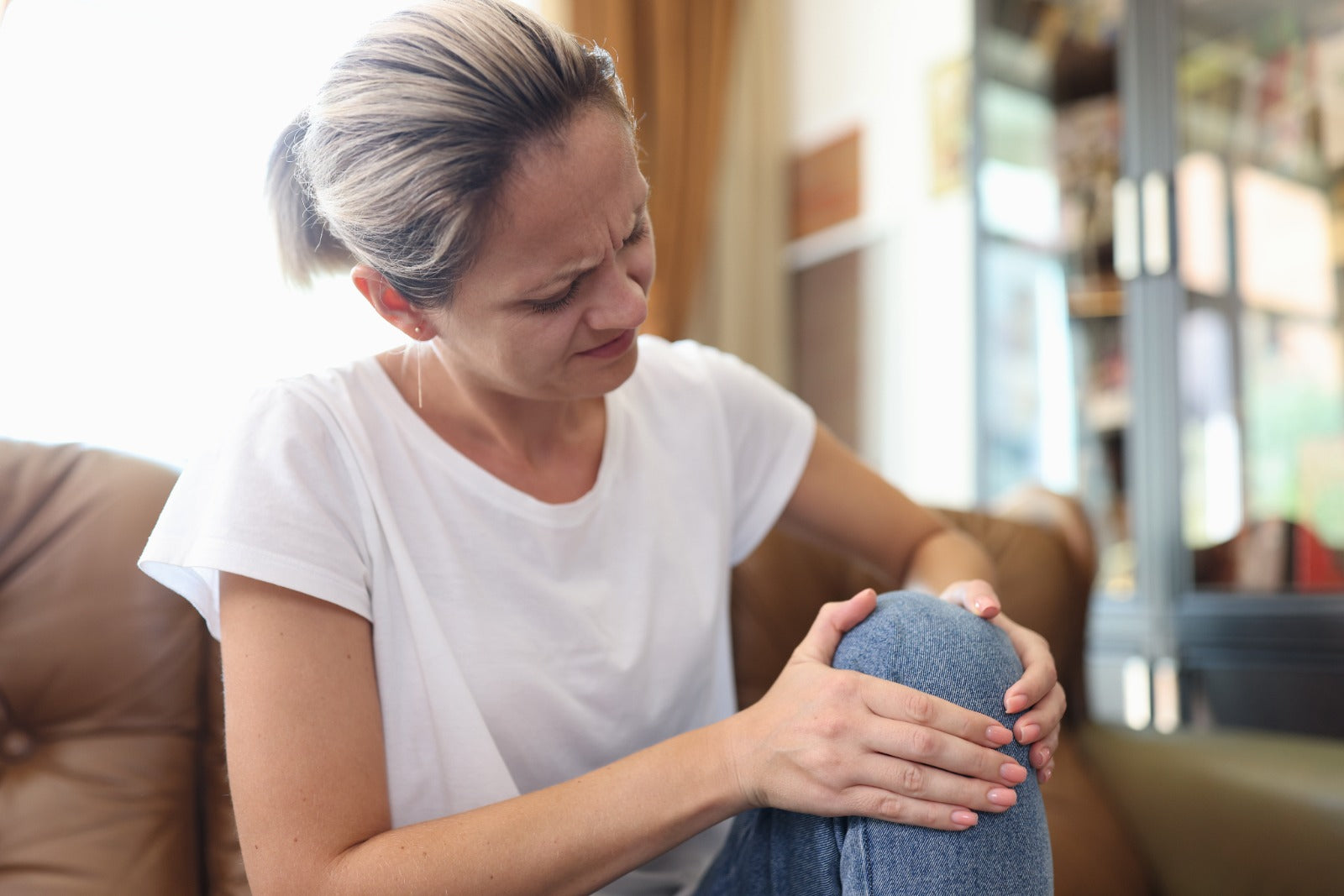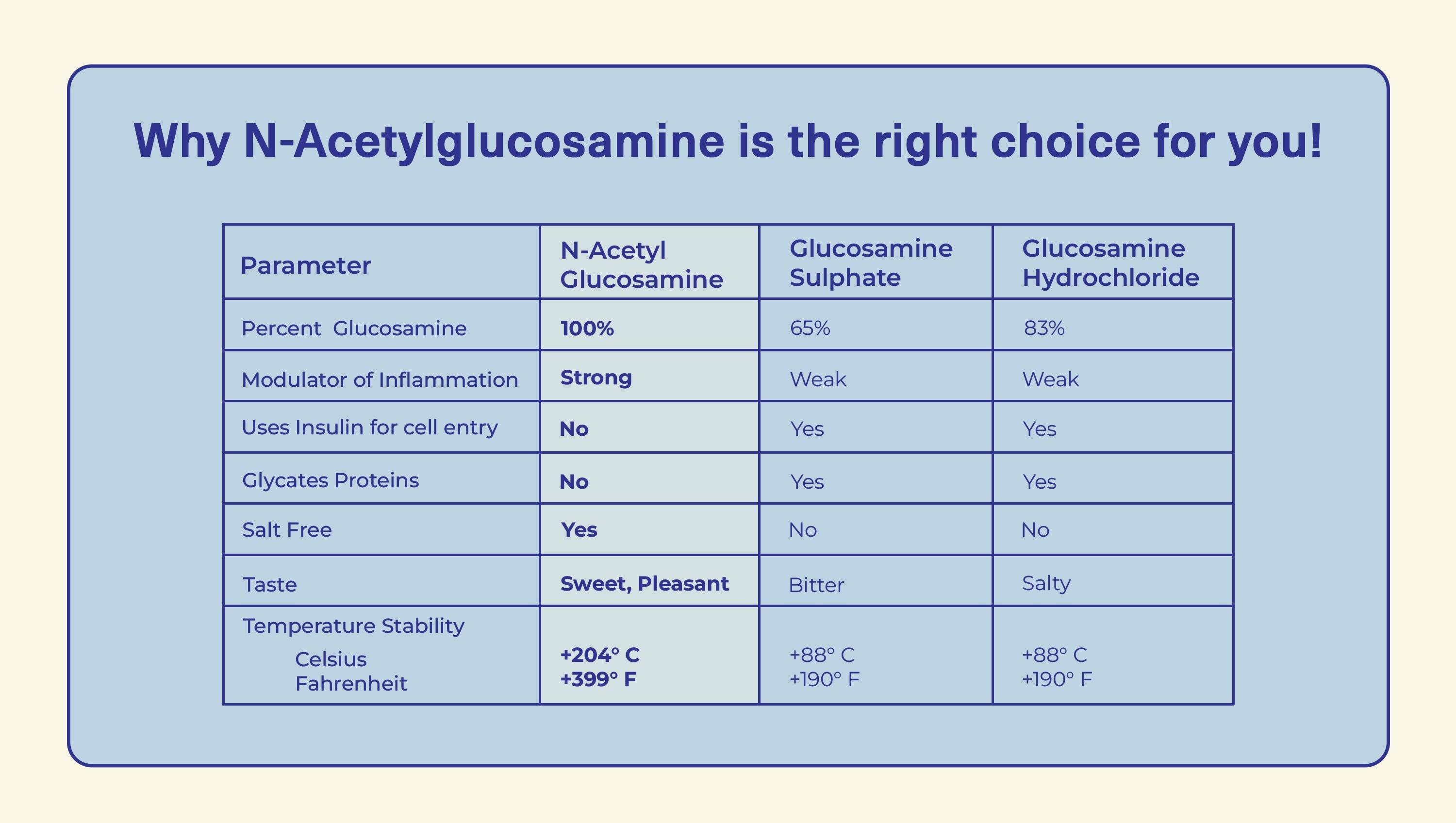

· De Pooja Kukreja
Arthritis in Women: Why It's More Common and How to Live Better with It
Did you know that women are more likely to develop arthritis than men? This fact might surprise you, but it underscores the importance of understanding the unique challenges women face with this condition. According to studies, approximately 60% of all arthritis cases are in women. Several factors contribute to this disparity, including genetic predisposition, hormonal changes, and lifestyle factors. For instance, hormonal fluctuations during menstruation, pregnancy, and menopause can exacerbate arthritis symptoms.
If you're reading this, chances are you or a woman you care about is grappling with arthritis. You're not alone. Arthritis, characterized by inflammation and pain in the joints, affects millions worldwide, with women disproportionately impacted. By understanding how arthritis specifically affects women, we can manage this condition more effectively and work towards a fuller, more active life despite the pain.
Different Types of Arthritis Affect Women Differently
There are over 100 types of arthritis, but some are more common in women. Here’s a closer look at a few:
Rheumatoid Arthritis (RA): This autoimmune disease is more common in women than men. It often starts between the ages of 30 and 60 and can be particularly aggressive. RA causes the immune system to attack the joints, leading to inflammation, pain, and eventually joint damage.
Osteoarthritis (OA): While OA affects both genders, women are more likely to develop it, especially after menopause. OA occurs when the cartilage that cushions the ends of your bones wears down over time, causing pain and stiffness.
Lupus: This autoimmune disease can cause widespread inflammation and damage in the joints, skin, kidneys, blood, heart, and lungs. Lupus is nine times more common in women than in men.
Hormones and Arthritis
Hormones play a crucial role in the development and progression of arthritis in women. Estrogen, which decreases during menopause, has anti-inflammatory properties. This decline can lead to increased joint pain and inflammation. Additionally, pregnancy can cause arthritis symptoms to fluctuate. Some women experience relief during pregnancy, while others find their symptoms worsen.
Managing Arthritis: Tips and Strategies
Living with arthritis can be challenging, but there are ways to manage the pain and maintain an active lifestyle.
Arthritis doesn’t just affect the body; it takes a toll on emotional health as well. Chronic pain and limited mobility can lead to feelings of frustration, depression, and anxiety. It’s important to address these emotional challenges. Talking to a mental health professional, practicing mindfulness and relaxation techniques, and staying connected with friends and family can all help improve emotional well-being.
While arthritis presents significant challenges, women are resilient and resourceful. By staying informed, seeking appropriate medical care, and making lifestyle adjustments, it’s possible to manage arthritis effectively and maintain a high quality of life. Remember, you’re not alone in this journey. Reach out for support, keep a positive mindset, and take proactive steps to manage your condition. Your strength and determination can help you navigate life with arthritis and continue to do the things you love.
If you're reading this, chances are you or a woman you care about is grappling with arthritis. You're not alone. Arthritis, characterized by inflammation and pain in the joints, affects millions worldwide, with women disproportionately impacted. By understanding how arthritis specifically affects women, we can manage this condition more effectively and work towards a fuller, more active life despite the pain.
Different Types of Arthritis Affect Women Differently
There are over 100 types of arthritis, but some are more common in women. Here’s a closer look at a few:
Rheumatoid Arthritis (RA): This autoimmune disease is more common in women than men. It often starts between the ages of 30 and 60 and can be particularly aggressive. RA causes the immune system to attack the joints, leading to inflammation, pain, and eventually joint damage.
Osteoarthritis (OA): While OA affects both genders, women are more likely to develop it, especially after menopause. OA occurs when the cartilage that cushions the ends of your bones wears down over time, causing pain and stiffness.
Lupus: This autoimmune disease can cause widespread inflammation and damage in the joints, skin, kidneys, blood, heart, and lungs. Lupus is nine times more common in women than in men.
Hormones and Arthritis
Hormones play a crucial role in the development and progression of arthritis in women. Estrogen, which decreases during menopause, has anti-inflammatory properties. This decline can lead to increased joint pain and inflammation. Additionally, pregnancy can cause arthritis symptoms to fluctuate. Some women experience relief during pregnancy, while others find their symptoms worsen.
Managing Arthritis: Tips and Strategies
Living with arthritis can be challenging, but there are ways to manage the pain and maintain an active lifestyle.
- Stay Active: Exercise is vital for joint health. Low-impact activities like swimming, walking, and yoga can help keep joints flexible and reduce pain. Strength training is also beneficial as it helps support and stabilize the joints.
- Healthy Diet: A balanced diet rich in anti-inflammatory foods can help manage arthritis symptoms. Omega-3 fatty acids found in fish, flaxseeds, and walnuts are particularly beneficial. Incorporate plenty of fruits, vegetables, and whole grains while avoiding processed foods and sugar.
- Weight Management: Maintaining a healthy weight reduces stress on the joints, especially the weight-bearing ones like the knees and hips. Even a small amount of weight loss can make a significant difference.
- Physical Therapy: A physical therapist can develop a personalized exercise program to improve strength, flexibility, and range of motion.
- Support Networks: Connecting with others who have arthritis can provide emotional support and practical advice. Consider joining a support group or participating in online forums.
Arthritis doesn’t just affect the body; it takes a toll on emotional health as well. Chronic pain and limited mobility can lead to feelings of frustration, depression, and anxiety. It’s important to address these emotional challenges. Talking to a mental health professional, practicing mindfulness and relaxation techniques, and staying connected with friends and family can all help improve emotional well-being.
While arthritis presents significant challenges, women are resilient and resourceful. By staying informed, seeking appropriate medical care, and making lifestyle adjustments, it’s possible to manage arthritis effectively and maintain a high quality of life. Remember, you’re not alone in this journey. Reach out for support, keep a positive mindset, and take proactive steps to manage your condition. Your strength and determination can help you navigate life with arthritis and continue to do the things you love.



